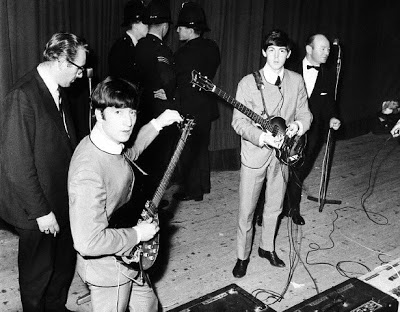Rediscover the Timeless Charm of 'Only the Lonely'
"Only the Lonely," a classic 1960s song by Roy Orbison, stands as a testament to the emotional depth and vocal prowess that defined the era. Released in 1960, this track captures the universal feelings of loneliness and heartache with its haunting melody and Orbison’s powerful, operatic voice. As one of the early hits that propelled Orbison to stardom, this piece remains a pivotal moment in the history of pop music.
Historical and Cultural Impact
At a time when rock and roll were predominantly upbeat and rhythm-driven, "Only the Lonely" broke the mold by introducing a more introspective and melancholic sound. This shift not only showcased Orbison’s unique artistic vision but also influenced a generation of musicians who sought to explore deeper and more varied emotional themes in their music. The track’s cultural impact is undeniable, as it paved the way for future artists to blend emotional storytelling with pop sensibilities.
An Interesting Fact
An interesting fact about "Only the Lonely" is that it was initially rejected by other artists, including Elvis Presley. Orbison’s determination to record the song himself not only proved successful but also solidified his place as a pioneer in the music industry. This decision highlights Orbison’s confidence in his own artistic capabilities and his understanding of the emotional connection music can create.
Cover Versions and Lasting Relevance
Over the decades, "Only the Lonely" has been covered by numerous artists, each bringing their own interpretation to the timeless melody. These cover versions underscore the song’s enduring appeal and its ability to resonate with audiences across generations. Today, the track remains relevant as it continues to evoke the poignant emotions of solitude and longing, serving as a reminder of the human condition. Its lasting relevance is a testament to Orbison’s artistry and the song’s universal themes.






Comments (0)